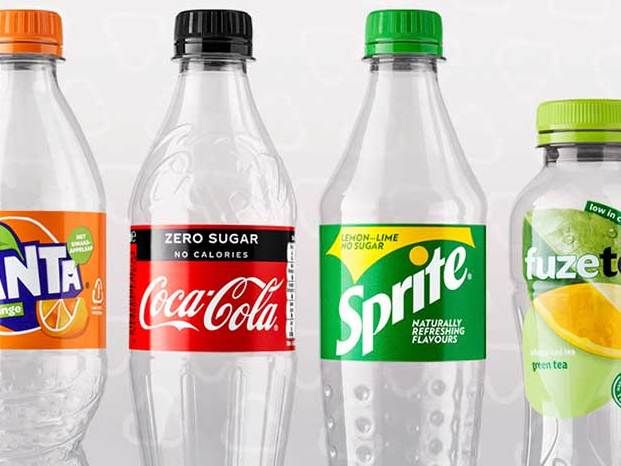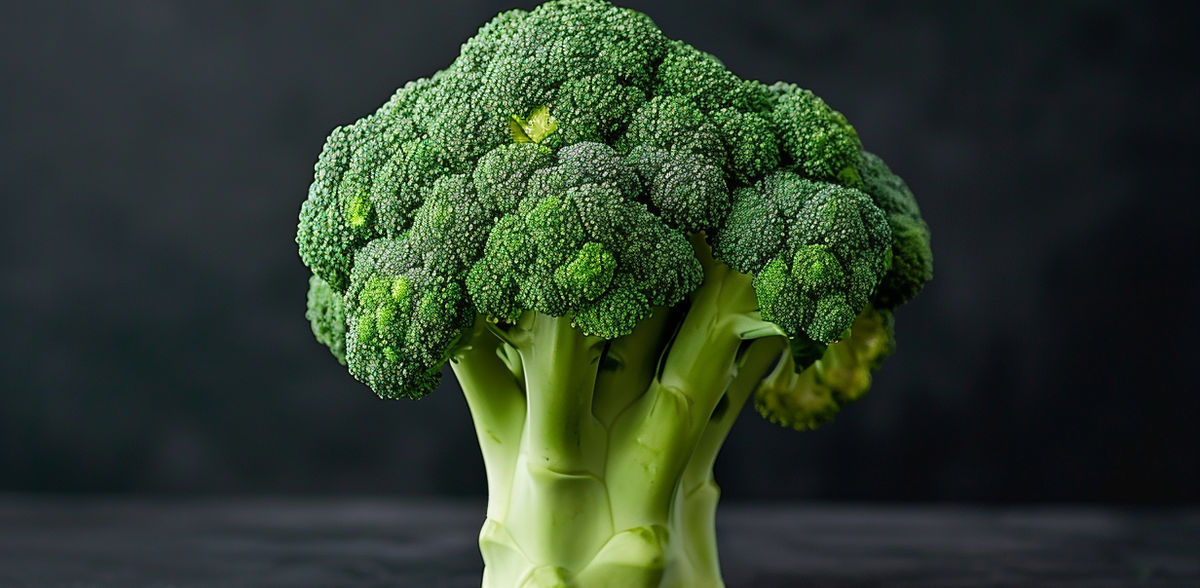Watching others visibly dislike vegetables might make onlookers dislike them, too
Humans learn which behaviors pay off and which don’t from watching others. Based on this, we may draw conclusions about how to act – or eat. In the case of the latter, people may use each other as guides to determine what and how much to eat. This is called social modelling and is one of the most powerful social influences on eating behavior.
In a new study, researchers in the UK investigated whether observing others’ facial expressions while eating raw broccoli influenced young women’s liking and desire to eat raw broccoli.
“We show that watching others eating a raw vegetable with a negative facial expression reduces adult women’s liking of that vegetable, but not their desire to eat it,” said Dr Katie Edwards, a researcher at the Aston University School of Psychology and lead author of the study published in Frontiers in Psychology. “This highlights the power of observing food dislike on adults’ eating behavior.”
Broccoli gazing
In the study led by Edwards, just over 200 young women watched a video containing clips of different unfamiliar adults consuming raw broccoli. While eating, the models displayed positive (smiling), neutral, or negative (disgust-like) facial expressions. The researchers examined only women’s reactions since gender differences may exist within the modelling of eating behavior, and modelling effects can be different among women and men.
Previous research shows that behaviors are more likely to be imitated if positive consequences are observed, while the reverse is true if negative outcomes are witnessed. In the present study, however, this correlation was observed only partially: Exposure to models eating broccoli while conveying negative facial expressions resulted in a greater reduction in liking ratings, whereas the reverse did not hold. “Watching others eating a raw vegetable with a positive facial expression did not increase adults’ vegetable liking or eating desire,” Edwards explained.
One possible explanation may be that avoiding any food – irrespective of whether it is commonly liked or disliked – that appears disgusting can protect us from eating something that tastes bad or is harmful. Another reason may be that smiling while eating is perceived as an untypical display of liking a certain food. “This might imply that watching someone eating a raw vegetable with positive facial expressions does not seem an effective strategy for increasing adults’ vegetable consumption,” said Edwards.
Copy and taste
There is still much that needs to be understood about the interplay of obvious enjoyment and the liking of food. For example, the researchers have focused on adults, and while this has not been tested for on this occasion, they said that given the power of negative facial expressions, and because children tend to be less willing to try vegetables by default, these findings could generalize to kids. “For example, if a child sees their parent showing disgust whilst eating vegetables, this could have negative consequences on children’s vegetable acceptance,” Edwards pointed out.
In the present study, participants also watched short video clips, rather than watching people eat in front of them. This allowed them to observe the dynamic nature of reactive facial expressions, which is more realistic than looking at static pictures; however, in the future, an important focus will be to examine the effect of watching live food enjoyment on eating behavior, the researchers said. “We also need more research to see whether the findings from this study translate to adults’ actual intake of vegetables,” Edwards concluded.
Most read news
Other news from the department science

Get the food & beverage industry in your inbox
By submitting this form you agree that LUMITOS AG will send you the newsletter(s) selected above by email. Your data will not be passed on to third parties. Your data will be stored and processed in accordance with our data protection regulations. LUMITOS may contact you by email for the purpose of advertising or market and opinion surveys. You can revoke your consent at any time without giving reasons to LUMITOS AG, Ernst-Augustin-Str. 2, 12489 Berlin, Germany or by e-mail at revoke@lumitos.com with effect for the future. In addition, each email contains a link to unsubscribe from the corresponding newsletter.
Most read news
More news from our other portals
Last viewed contents

Color becomes another key consideration for Chinese food and beverages consumers

Greiner Packaging and LyondellBasell offer circular solution for coffee capsules - Coffee capsules for Nestlé’s Nescafé Dolce Gusto

How adding green tea extract to prepared foods may reduce the risk for norovirus - In study, edible coating made with tea extract killed the virus and bacteria

Carbios: “An engineered PET-depolymerase to break down and recycle plastic bottles” - This publication outlines Company’s proprietary process for converting plastic waste into new bottles

New start-up program launched to support entrepreneurs building circular economy - Program provides mentorship, advising, and $300,000 in equity-free grants to companies
Nestlé announces collaboration with Burcon and Merit for plant-based ingredients

Today’s food analysis detects teaspoon quantities of substances in Lake Constance - New study lists facts and top achievements of drinking-water analysis in Germany

CfiA Rennes 2016: Focus on consumer needs - GNT to present its colouring foods range

Mérieux NutriSciences: Stronger global presence through Bureau Veritas acquisition - Strategic acquisition doubles market presence in high-growth regions

The impact of cold temperatures on nutrient levels in kale depends on the variety - “To obtain plants with an improved nutritional value, considering both temperature and the choice of cultivar is crucial”



























































